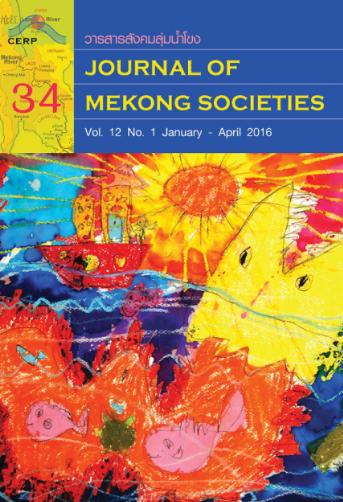Uthis Haemamool’s The Brotherhood of Kaeng Khoi: A Gramscian Reading
Main Article Content
Abstract
This article offers a Gramscian reading of Thai author Uthis Haemamool’s novel, The Brotherhood of Kaeng Khoi. It seeks to demonstrate that the novel can be seen as a work of ‘national-popular’ literature that gives voice to the subaltern classes, and to constructively critique and transform ordinary people’s spontaneous philosophy, namely ‘common sense’ and ‘folklore.’ The article also examines the development of the protagonist-narrator whose role could be approximated to that of an ‘organic intellectual’ who renders subaltern experiences and lived conditions into a coherent and poignant narrative. The key Gramscian concept utilized as a reading framework of this article is the theory of hegemony, particularly the way it informs Gramsci’s sociology of literature.


